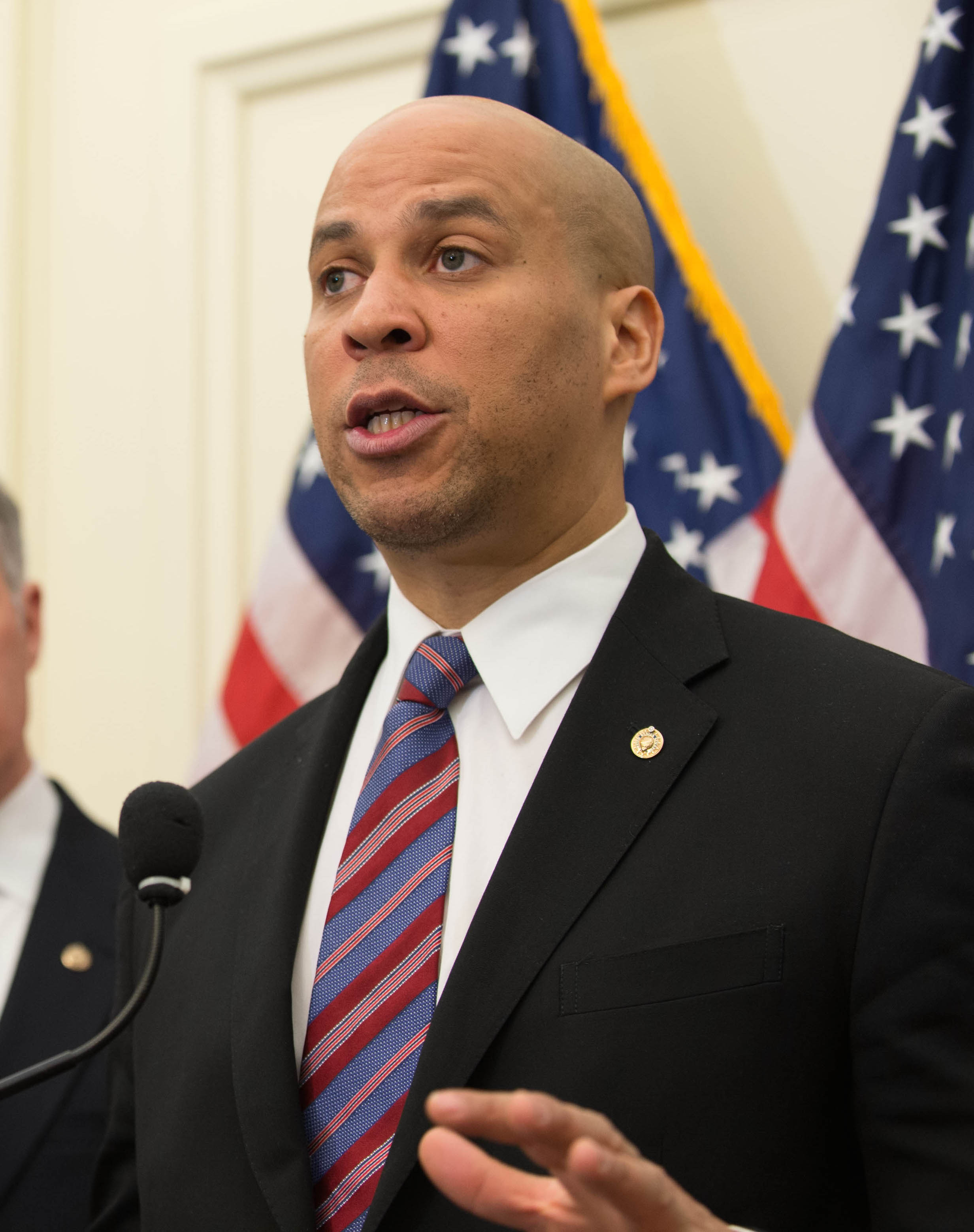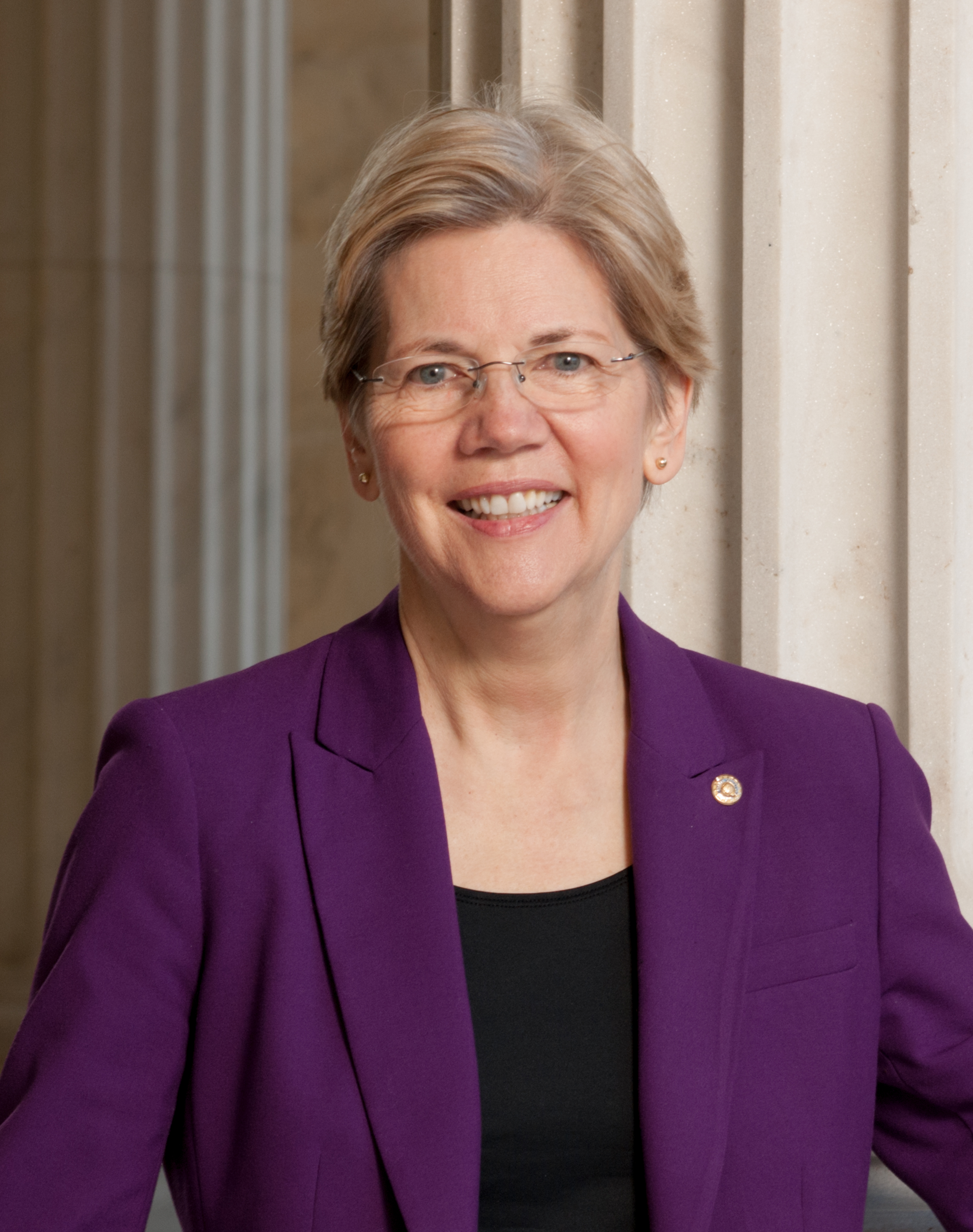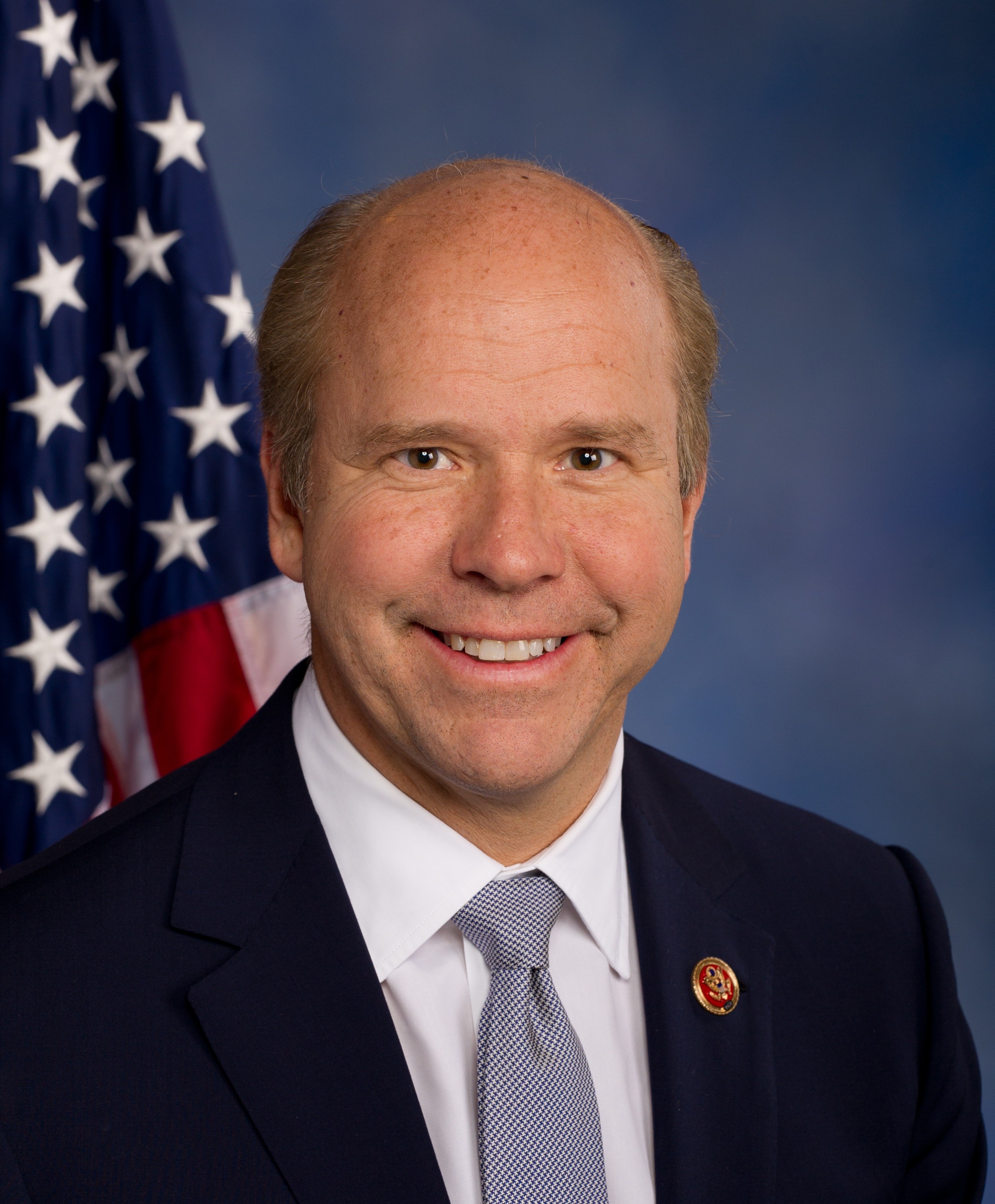In recent months, politicians have been rapidly declaring their bids for nomination in the crowded 2020 Democratic primary. Beyond those who have been confirmed to be running for president, there are several people that are widely speculated to be preparing to announce a bid. As these candidates begin their campaigns, some Montgomery County students, many of whom will be of voting age for the first time this election cycle, have begun to consider their options for whom to support.
As of now, there are ten individuals who have announced their candidacy. The list includes those from a variety of political and personal backgrounds: from senators and representatives to tech executives and self help book authors. Here is a run down of some of the key players:
Senator Cory Booker:

Cory Booker has been a US Senator representing the state of New Jersey senator since 2014, and was formerly the mayor of Newark. He is one of the most recent politicians to have entered the race, announcing his candidacy in early February. Booker has been a leader in the Senate on criminal justice reform, and plans to take those policy focal points into his 2020 platform, with proposals to decriminalize marijuana use and reduce workplace discrimination against those who have previously been convicted, as reported by the Washington Post. He also has proposed a “baby bonds” system, which would provide each child born in the United States with a savings account with $1000, which would grow throughout their childhood and be accessible to them at 18. This is intended to reduce income inequality and the racial wealth gap.
Senator Kamala Harris:

Former California Attorney General and current Senator Kamala Harris announced her candidacy for the Democratic nominee in January on Martin Luther King Day. As a member of the Senate Judiciary Committee, Harris has drawn attention during the Trump administration for her tough questioning of the President’s cabinet and judicial nominees, specifically Justice Brett Kavanaugh. She has been heralded as a progressive voice within the Democratic party, both in her policy platform of a medicare-for-all health system and a tax plan aimed at helping middle and working class families, and her campaign’s refusal to take money from corporate PACs or super PACs.
Senator Kirsten Gillibrand:

New York Senator Kirsten Gillibrand’s views have shifted dramatically since the beginning of her political career. She began her career as a representative from a conservative district in upstate New York, and had policy positions to match. However, she has transformed her platform over her time in Congress to one much further to the left, and now is one of the most outspoken critics of the Trump administration. She has embraced ideas of gun reform, economic populism, and has been an advocate for women’s rights, particularly the recent Me Too movement.
Senator Elizabeth Warren:

Massachusetts Senator and former Harvard professor Elizabeth Warren has prepared extensively for her 2020 bid for president. She announced her candidacy in late December, and is one of the best known candidates in the race, having a history of progressive ideology and confrontations with President Trump. She is popular amongst grassroots liberals, but has recently been criticized on her handling of her claims of Native American heritage, after publishing the results of a DNA test. Some say that she might be a target of negative campaigning from the right, but according to a poll by Quinnipiac University, she has an exceptionally high approval rating, which might outweigh concerns of her vulnerability to political attack.
Representative Tulsi Gabbard:

Tulsi Gabbard is a Congressional representative of Hawaii who announced her bid for President in mid January. Gabbard is a veteran who has been deployed twice in the Middle East, and is known for her opposition to American military intervention overseas. She is also one of the youngest candidates in the race: at 37, she represents a youthful voice for the Democratic party. She has a reputation in congress for breaking party lines, instead following her own personal ideology and agenda. Since she declared her candidacy, Gabbard has apologized for her past of anti-LGBTQ+ activism with the Alliance for Traditional Marriage, after significant backlash from the LGBTQ+ community. She has also drawn criticism for her meeting with Syrian president Bashar al-Assad, who has in recent years used chemical weapons against civilians in his own country.
Representative John Delaney:

John Delaney is a former representative from Maryland’s 6th district, which encompasses parts of Montgomery County. Delaney gave up his seat in congress to focus on his presidential campaign, which he launched in 2017. He has been campaigning aggressively in states with early primaries, such as Iowa, but he still remains relatively unknown outside of his district. Politically, he presents himself as someone who looks for bipartisan solutions, but he has endorsed many liberal policies such as universal healthcare, a $15 minimum wage, and overturning Citizens United. Whatever his policies, Delaney’s primary challenge is his relative anonymity with the rest of the country.
Mayor Pete Buttigieg:

Pete Buttigieg, the 37-year-old mayor of South Bend, Indiana, has embarked on a long-shot campaign for president, presenting himself as an underdog in a field of many more well known Democratic politicians. Buttigieg is a veteran of the war in Afghanistan and is one of the youngest candidates in the race. He began to receive national attention after an unsuccessful run for chair of the Democratic National Committee in 2017. His campaign so far focuses on coming to solutions to national crises by focusing on the future, instead of staying tied to economic, environmental, and social policies of the past.
The candidates who have announced their presidential bids represent a wide group of beliefs that are held by members of the Democratic party. This primary also shows unprecedented racial and gender diversity in those confirmed to be running. The wide selection of candidates has provoked reflection among many students in Montgomery County, especially those who will be able to vote for the first time in the 2020 elections.
“I am looking for someone with legislative experience and an ability to pull people together,” says Northwood High School president Cole Peavy, when asked about what factors are important to him in a nominee. “I want a healer in a commander in chief, and someone who can bring us into tomorrow.”
Students have a unique perspective in this race as the youngest voters, and many in Montgomery County show an impressive political enthusiasm moving into the 2020 election cycle.
“I think young people will be on the front lines of organizing, as many candidates are making young people a focal point of their campaign,” says Chris Affambi, a senior at Clarksburg High School.
So which of the candidates that have announced their bid are students leaning towards? The answer varies depending on who you ask.
“So far, I really like Kirsten Gillibrand, Kamala Harris, and Cory Booker,” says Peavy, “but I am looking forward to those that are speculating, like Sherrod Brown.” Ohio Senator Brown has been discussed as a potential candidate for his success as a Democrat in the midwest.
“Although Senator Harris is one of my favorites, she has some stains on her record she needs to clear up,” says Affambi, referring to criticism from the left of some of Harris’s actions as Attorney General of California. “I also lean a bit towards Pete Buttigieg, as I think him being from the Midwest could be an asset, as long as he can market himself properly to the American people.”
“I really like Cory Booker,” says Churchill student Katherine Rothstein. “He seems like a great moderate Democrat who can really reach across the aisle and get centrists excited to get out and vote for him.”
“I’m personally leaning towards Cory Booker out of the candidates that have announced,” says Ethan Schwager, a student at Walter Johnson. “I feel strongly about his message and what he has done through the past through his public service.”
Article by MoCo Student staff writer Elliot Davey of Wheaton High School.
